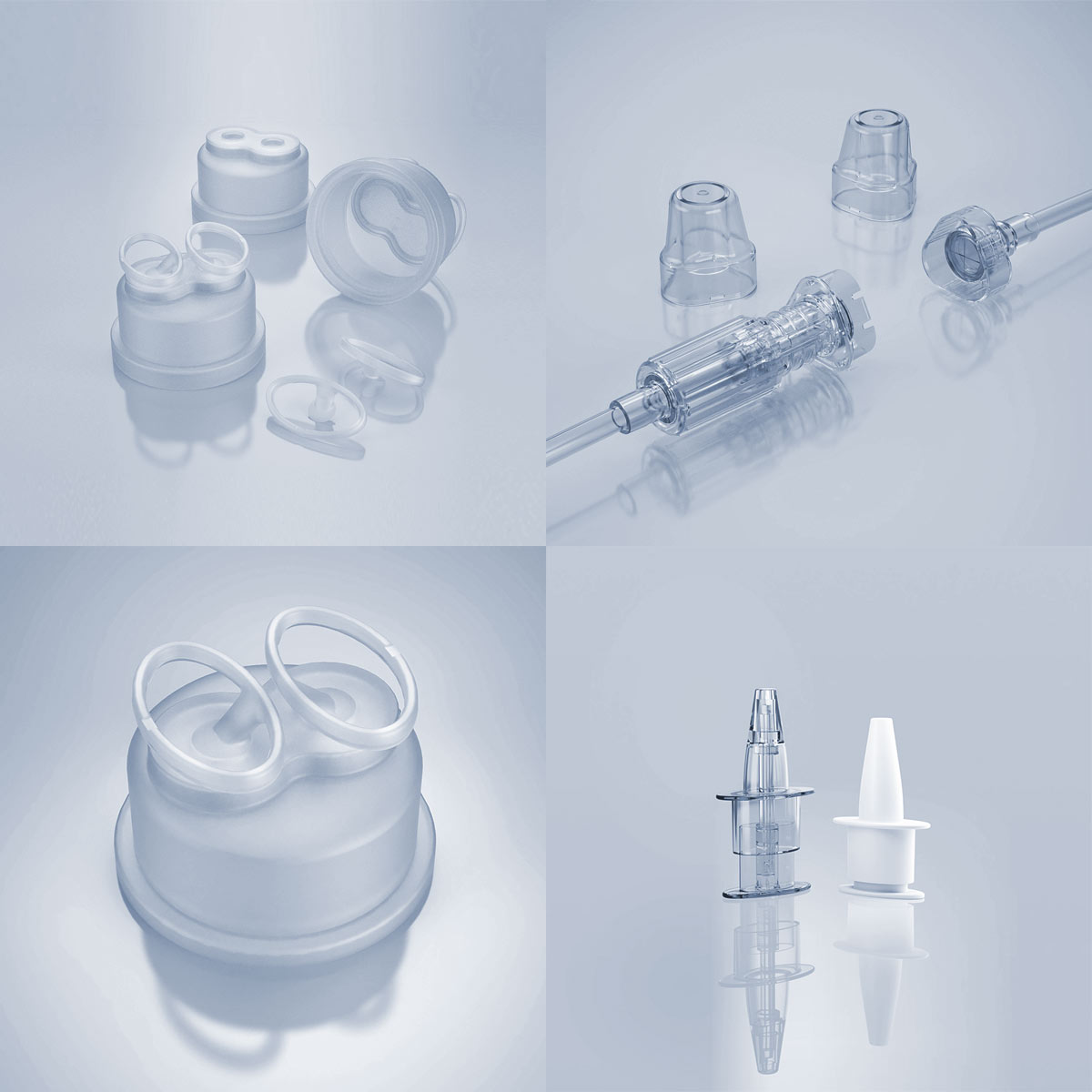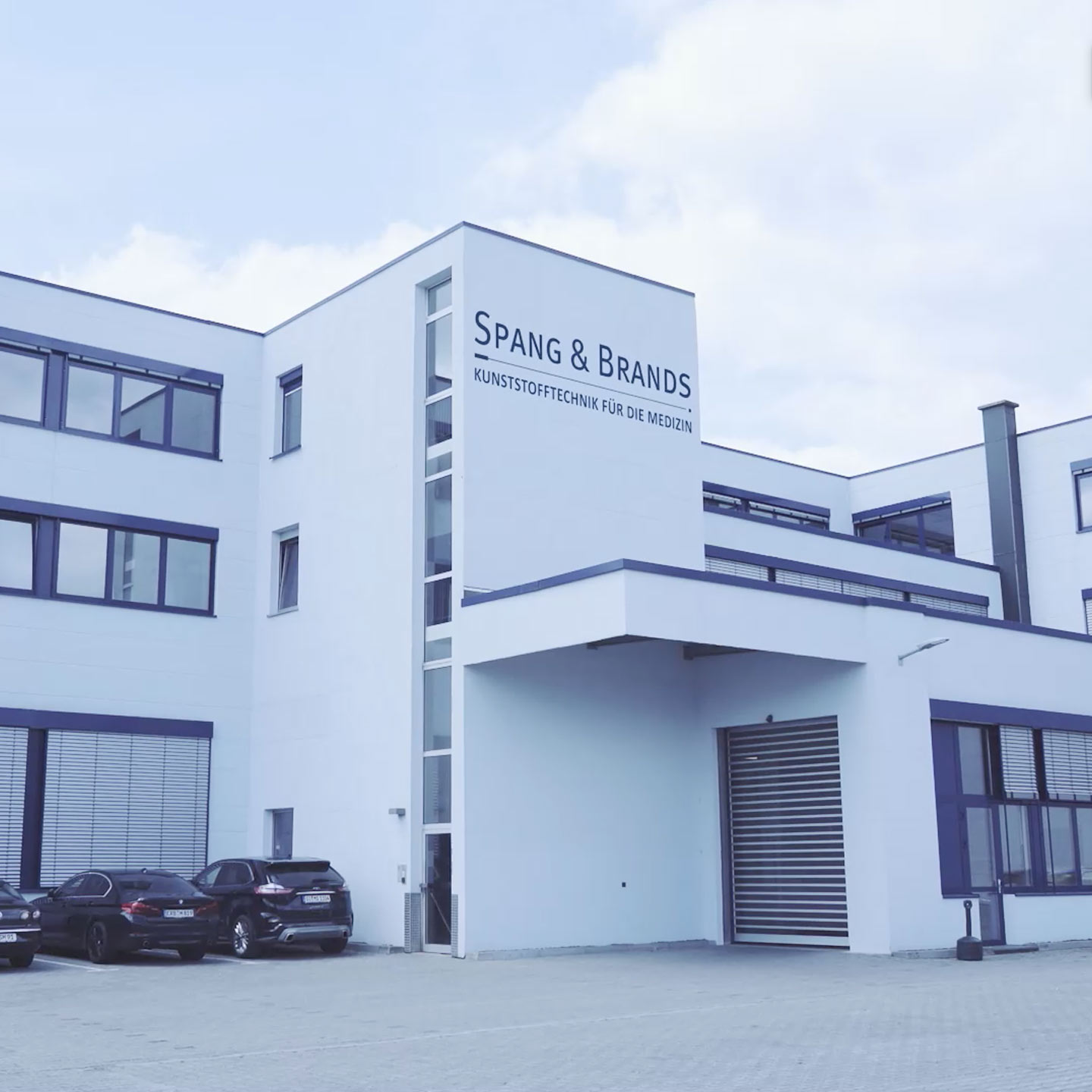-
Propietary Products
Propietary Products
Our speciality is the development and manufacture of precision parts and assemblies with break-off, tear-off or twist-off zones in all injection-moldable materials.
- Solutions
Solutions
A question of perspective:
You might think we can't do much ... just plastic parts for use in the medical industy.
On the other hand, we can do nothing better than that: we concentrate on our core competencies.
Without compromise - best quality - at a reasonable price - Made in Germany
Together with our customers, we develop precision parts, assemblies and ready-to-use packaged complete systems from the idea to series production.- About us
- Quality Management
- Career
- News
- Contact
What we offer
- Solutions
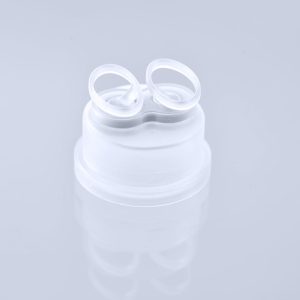 2port caps
2port caps
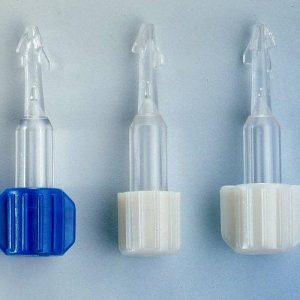 Breakable caps, assembled
Breakable caps, assembled
 Tamper Proof Caps
Tamper Proof Caps
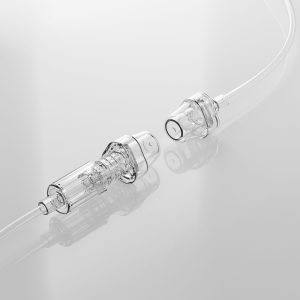 Steril Connector
Steril Connector
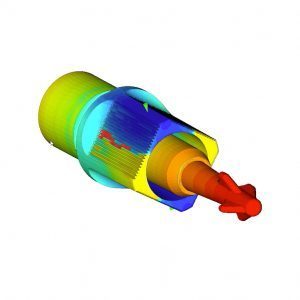 Product Development
Product Development
 Mold Shop
Mold Shop
 Injection Moulding
Injection Moulding
 Clean room Assembly
Clean room Assembly
